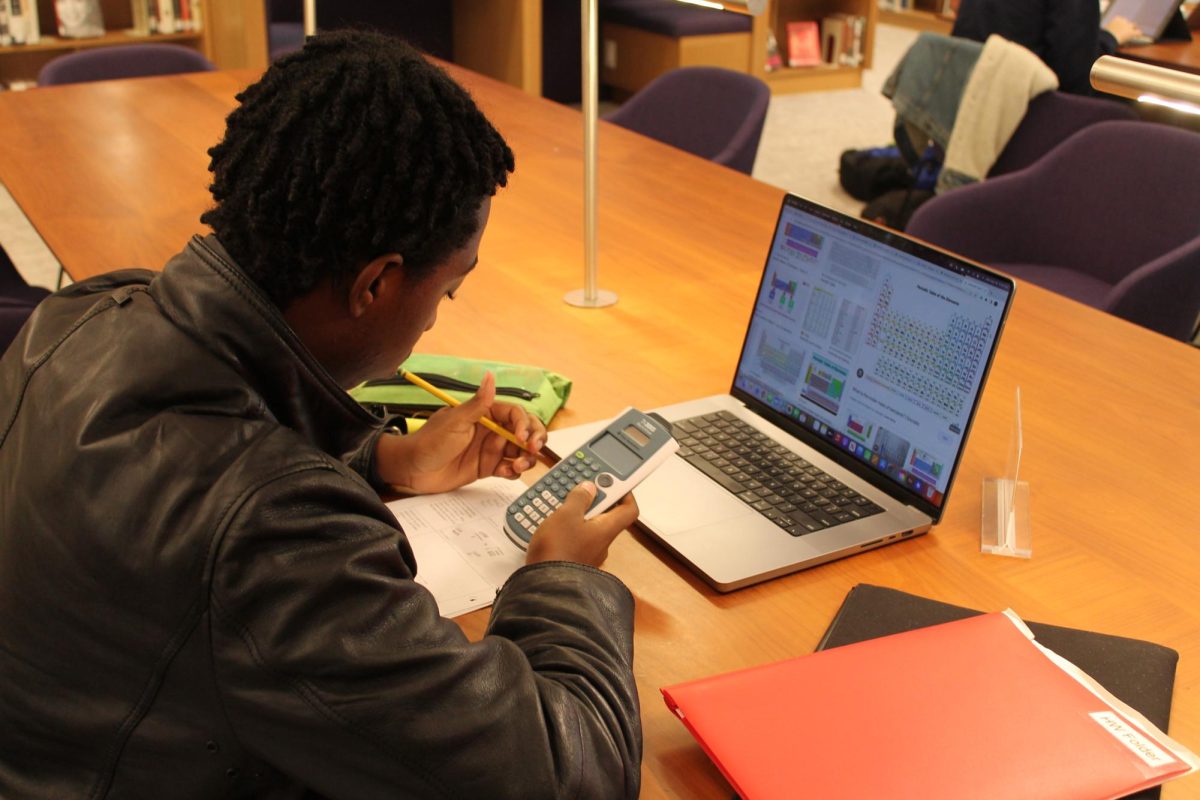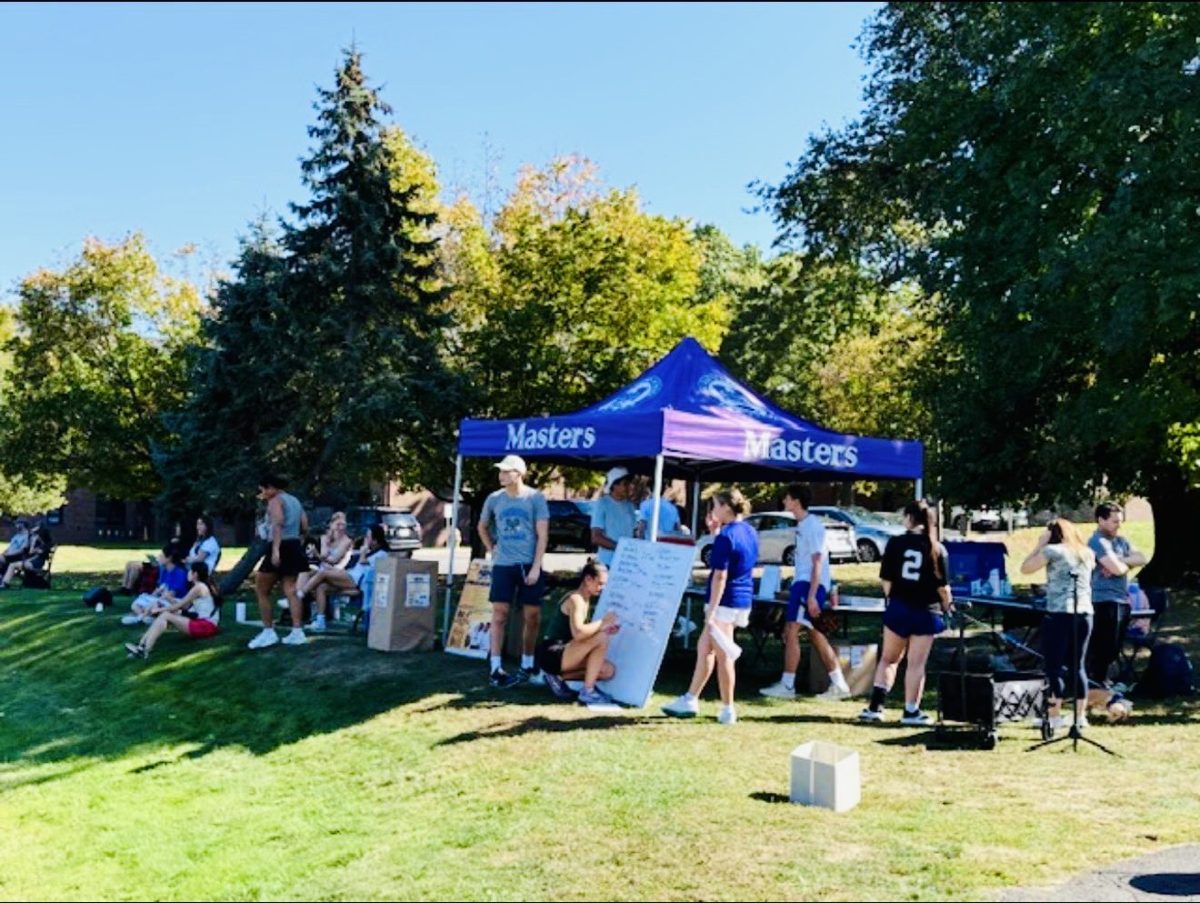Studying is undoubtedly a critical component of academic success. Yet – and we’ve all personally experienced this – it’s not always a walk in the park. As students, we feel pressure to excel academically while balancing co-curriculars, sports, part-time jobs and social lives.
Amid this juggling act, students often find themselves struggling to use their time productively, stay focused and engaged in class, and actually retain the flood of information coming at them every day.
To get the inside scoop on effective learning, we talked to experienced scholars and scoured sources, including the National Center for Biotechnology Information and the University of North Carolina at Chapel Hill’s Learning Center.
Top 10 Study Tips
1. Avoid Procrastination
Lainey Spencer, a current senior at Masters, said, “Yeah, procrastination is great. Until you have one day to study for a major test, which is not a good idea. Even if you say you’re good at cramming.”
2. Brain Splat onto Page
Don’t be afraid to jot down your thoughts and ideas as they come to you. This can help to clarify your understanding of the material and push you through writer’s block.
3. Planning Ahead
Plan your study sessions and complete your homework in advance. Knowing what you need to cover and when it is due can reduce stress and improve focus.
“Don’t just look day to day, but [at] your week as a whole, thinking about where your study halls are built in or free periods and think about what you have after school as well. Just so that you’re really planning and budgeting your time,” Julia Jones, director of learning enhancement and development (LEAD), said.
4. Ask for Help
If you’re struggling with a topic, don’t hesitate to seek help from teachers and peers. Problem-solving begins with a question.
“Teachers are always here to help you. They want to help you. They don’t want you to fail,” Spencer added.
5. Find your Learning Style
Everyone learns differently. Experiment with different study techniques to discover what works best for you, whether it’s visual aids, flashcards, or group study sessions. Remember: active recall prevails over passive reading.
Lead Writing Center Tutor and senior Madi Brown said, “I use Quizlet, I study for multiple days including the day of the test. I like to listen to music I know well [while I study] so it’s not distracting.”
6. Throw the Phone Away and Out of Sight
Distracting devices can derail your study efforts. Out of sight, out of mind.
7. Sleep, Sleep, Sleep
Adequate sleep (8-10 hours for teenagers, according to the Center for Disease Control and Prevention) is crucial for storing information in your brain and cognitive function. Prioritize getting enough rest, especially before important exams or assignments.
8. Study Guides
Before delving into the material you have to study, create an outline or a study guide. This will provide a clear roadmap for your study session, ensuring you learn all necessary topics.
9. Masters is Designed to Help!
Jones said, “Check in with your teachers and use X-Band, but use your advisor as a resource if you need support in multiple areas. I think that’s a really good person to talk to that can help you get some tools.”
Also be sure to take advantage of on-campus resources, including X-Band – a time scheduled into your day for academic support – and connect with teachers for personalized assistance. Fine-tune your writing skills with peer tutors at the Writing Center, and conquer math problems at the Math Clinic.
“Really make use of your classmates as a resource. Problem solving around a Harkness table is meant to be collaborative, and that can extend past the classroom into the homework space,” Marianne van Brummelen, Chair of the Math Department, stated.
10. Stay Up to Date in Class
Keeping up with the content happenings of your classes is a key component to time management and avoiding procrastination.
Van Brummelen said, “Staying up to date in class I think is actually the biggest study tip.”









